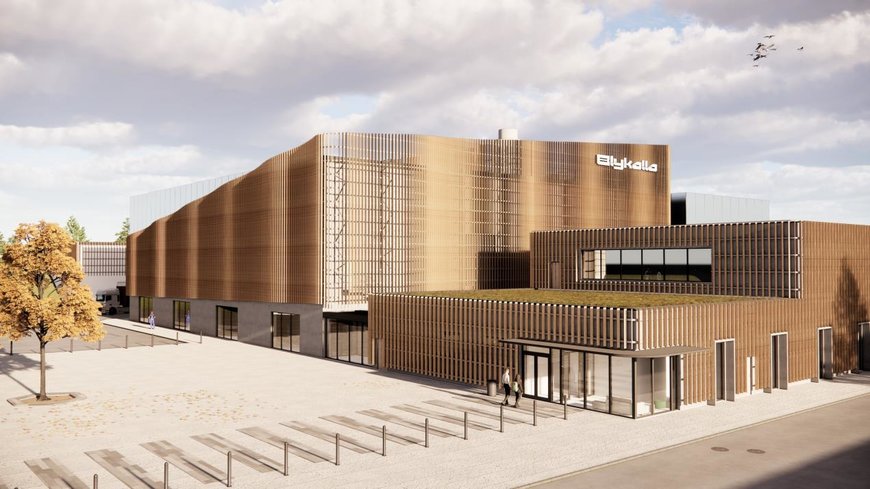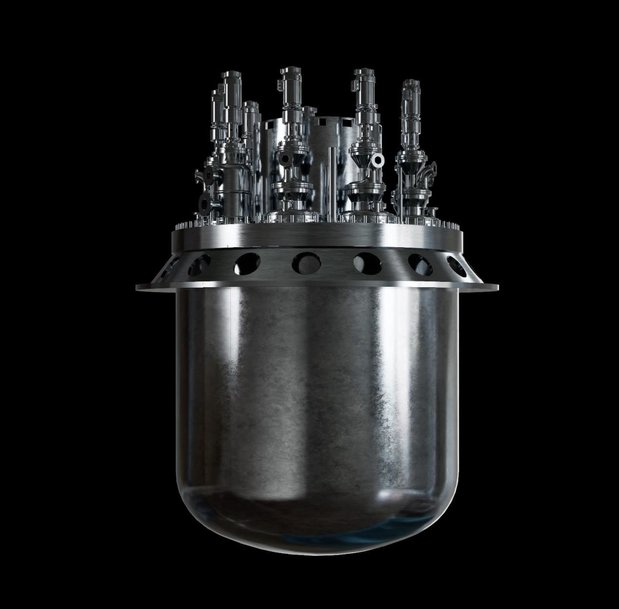ABB and Blykalla collaborate on small modular nuclear reactor technology in Sweden
ABB and Swedish nuclear energy company Blykalla have signed a Memorandum of Understanding (MoU) to develop advanced nuclear reactor technology, with the aim of supporting Sweden’s efforts to produce clean and reliable baseload energy.
global.abb

- Memorandum of Understanding signed between ABB and Swedish nuclear energy company Blykalla to collaborate on small modular reactor (SMR) technology to support clean electricity production and decarbonization goals
- ABB automation, electrification and digital solutions to support electrical pilot reactor project in Sweden where nuclear power reactors provide about 30 percent of electricity
- SMRs offer lower capital costs, enhanced safety and flexibility in deployment, according to the International Energy Agency
The collaboration will initially concentrate on constructing an electrical small modular reactor (SMR) pilot facility near the coastal town of Oskarshamn, approximately 340 km south of Stockholm, to test proof of concept before expanding to future plants.
Within the scope of the MoU, ABB will explore how its automation, electrification and digitalization solutions can support Blykalla’s SMR prototype SEALER-E, which features an electric lead-cooled reactor. This includes cyber security frameworks to ensure compliance with nuclear safety regulations.
ABB’s expertise of power distribution, control and automation technologies, as well as system integration, will lay the groundwork for a successful deployment of advanced nuclear technologies as part of the collaboration.
“We are excited to welcome ABB as a partner and to benefit from the in-depth expertise they can bring to this SMR project,” said Jacob Stedman, CEO of Blykalla. “We see strong momentum in Sweden for nuclear power in general, and SMRs in particular. This is why we look forward to bringing our technology to market as part of efforts to enable the transition to a net zero future.”
Nuclear power reactors provide about 30 percent of Sweden’s electricity. In November 2023, the country’s government unveiled a roadmap to expand nuclear energy, increasing new capacity corresponding to two large-scale reactors (2,500 MW) by 2035 and building up to 10,000 MW by 2045, which could include SMRs. This supports the goal of a completely fossil-free electricity system.

“The energy transition is one of the greatest challenges but also opportunities of our time and at ABB we are in favor of all low-carbon energy sources including nuclear,” said Per Erik Holsten, President of ABB Energy Industries. “We are proud to build a partnership with Blykalla and use our automation and electrification knowledge to support the role of SMRs in producing clean electricity and driving decarbonization.”
According to the International Energy Agency (IEA), nuclear power plays an important role in helping the energy sector move away from fossil fuels faster and in a more secure way, complementing renewable sources like wind and solar. SMRs offer lower capital costs and enhanced safety and flexibility in deployment in comparison with conventional nuclear power plants. They could also reuse the sites of retired fossil fuel power plants, taking advantage of existing transmission, cooling water and skilled workforces.
www.abb.com

